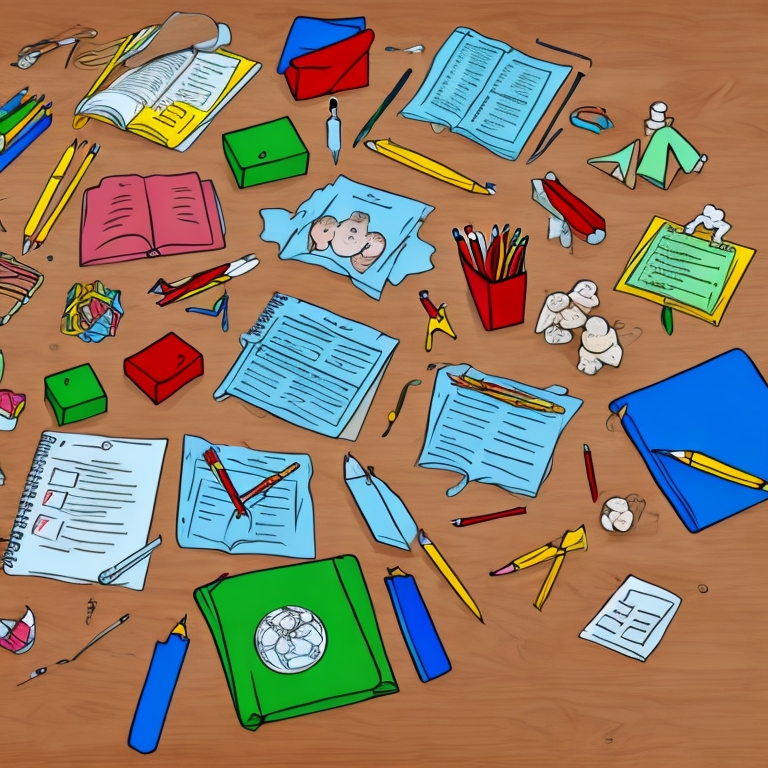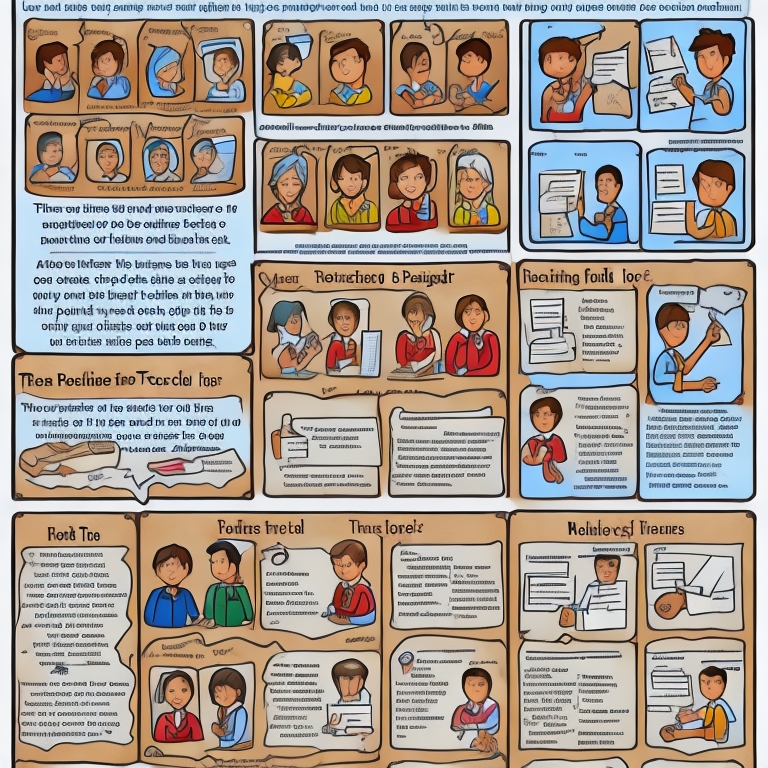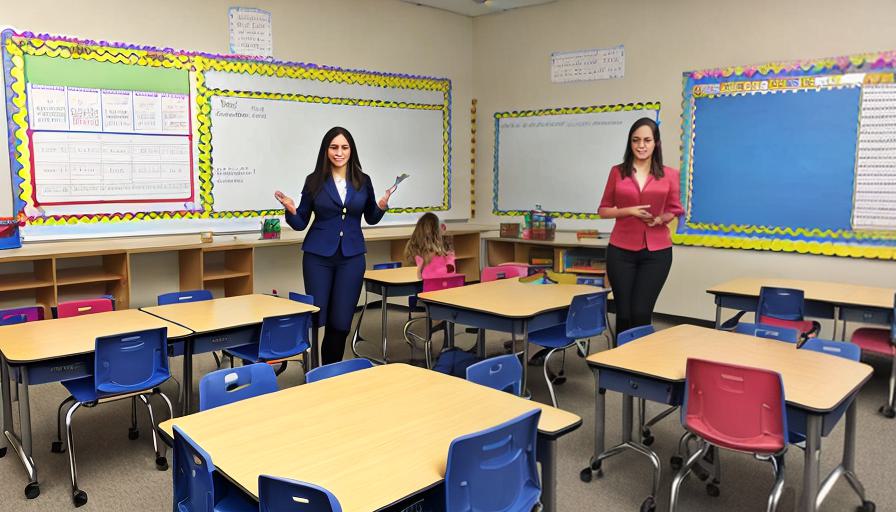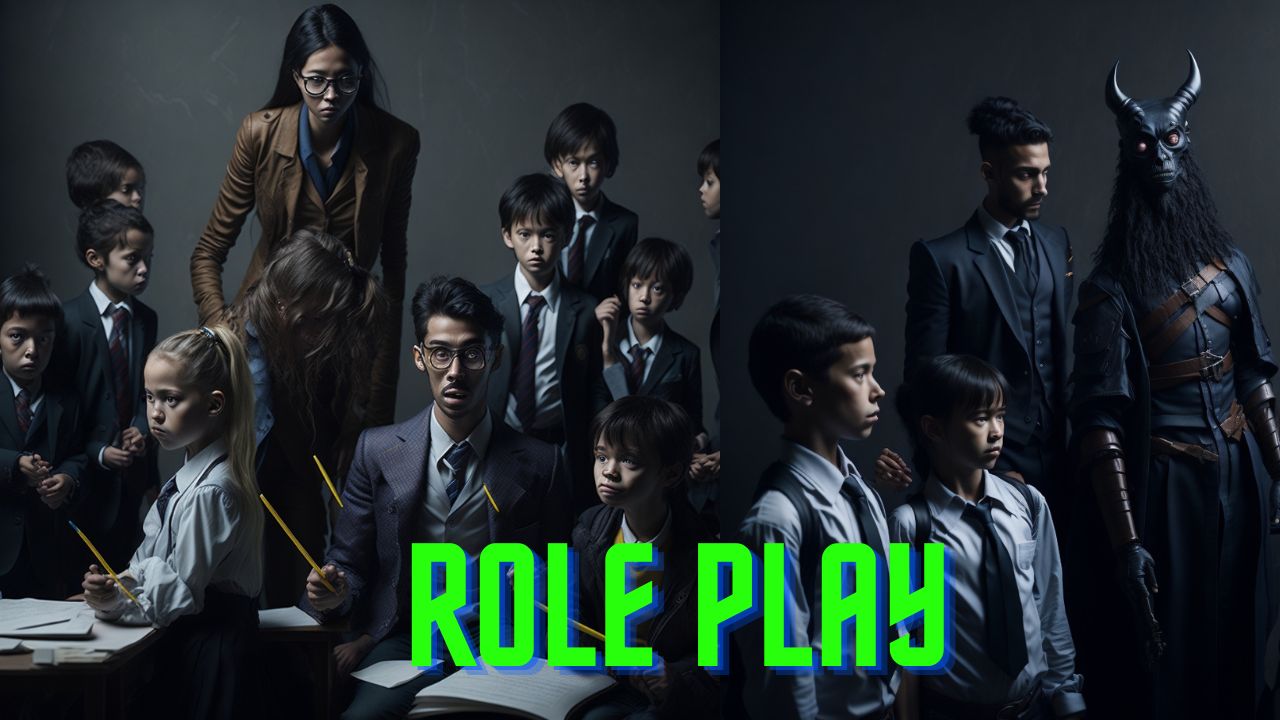The Role-Playing Methods Used in Teaching: Benefits, Examples, and Effectiveness
Role-playing is a powerful tool in teaching both in and out of the classroom. It is a method that uses imagination to portray situations where the principles of a subject can be demonstrated and explored. The role of the teacher is to act ‘in character’ and let the students act according to their own interpretation. These tools are becoming increasingly popular in classrooms worldwide. It involves students taking on different roles and acting out scenarios to learn about a particular concept or topic. This approach is highly effective in engaging students and promoting active learning.
Research and further studies

Role-playing is an effective teaching technique because it helps to bring abstract ideas to life and encourages the student to think creatively. Role-playing methods have been used in various countries across the world, such as Turkey, Mexico, and South Korea. The effectiveness of these methods on student engagement and knowledge acquisition has been well documented in numerous research papers. For example, a Vietnamese study found that students who experienced role-play in the classroom showedThe findings shed light on how students were aware of the impact of drama-based role plays as a potential instructional tool for speaking performance.
Positive attitudes towards drama-based role play provoke awareness of teachers in relation to students learning expectations, thereby encouraging them to find ways to integrate such an effective technique into speaking classes and other aspects of English language use such as vocabulary, grammar, or phonetics.
Benefits of Role-Playing Methods

Role-playing encourages students to think divergently, explore concepts, and expand their ideas. Such methods give students the chance to be creative and explore real-life challenges in a safe and collaborative space. It offers teachers the opportunity to challenge their learners and foster a spirit of exploration and fun, as students can act out concepts in an imaginative setting. Role-playing has many advantages which have enabled it to become part of normal educational practice.
Firstly, it fosters a student-driven learning experience in which every student is encouraged to participate. Secondly, the use of roleplay helps to capture the emotions of a particular situation and promotes a deeper understanding of the principle. The interaction between the teacher and student also heightens engagement and makes the learning process more enjoyable.
Finally, role-play encourages students to think critically and creatively. By trying to think of diverse solutions to a problem and role-playing those solutions, students gain the chance to practice a broad range of potential solutions. This develops problem-solving and creative thinking skills that can be taken outside of the classroom.

To this end summarizing the key benefits to both teachers and students include:
- Increased engagement: Role-playing methods make learning fun and engaging, which helps students to stay focused and interested in the subject matter.
- Active learning: Students are actively involved in the learning process, which helps them to retain information better than passive learning methods.
- Improved communication skills: Role-playing methods require students to communicate effectively with one another, which helps to improve their communication skills.
- Better understanding of complex concepts: Role-playing methods allow students to experience complex concepts firsthand, which makes it easier for them to understand and remember the information.
Practical Examples of Role-Playing Methods

A range of practical examples can be used to demonstrate the effectiveness of role-playing in a classroom context. For example, role-play can be used to teach about different cultures, by helping students to learn the customs and exchanges of various ethnic groups. Secondly, role-play can be used to explore communication dynamics, enabling students to practice discussions and negotiations. Some practical examples of role-playing methods that can be used in the classroom. Some of these include:
- Historical reenactments: Students can act out historical events to better understand their significance and impact.
- Mock trials: Students can act as lawyers, judges, and witnesses to learn about the legal system and how it works.
- Simulations: Students can simulate real-world scenarios, such as running a business or managing a city, to learn about different concepts and skills.
Effectiveness of Role-Playing Methods
Role-playing methods have been shown to be highly effective in promoting active learning and improving student engagement. Many countries have started to incorporate these methods into their classrooms, including the United States, Canada, and the United Kingdom. In these countries, role-playing methods have been used to teach a wide range of subjects, from history and social studies to science and math. Role-play can also be used to encourage students to express their opinions and craft their own ideas more effectively. In this way, they can explore a range of situations and differing perspectives.
It also allows students to practice effective partnership behavior and construct arguments. Role-play can also be used to foster a spirit of collaboration and creativity when planning different projects. Through this method, students are encouraged to think in different ways and consider multiple solutions to a problem.
Conclusion
In conclusion, role-playing is a highly effective teaching method that can be used to engage, motivate and encourage students. In addition to improving student engagement and understanding of complex concepts, role-playing methods also help to develop important skills that students can use in their future careers.
These skills include higher-order thinking skills, creative solutions, improved communication, problem-solving, and critical thinking. By introducing role-playing into the classroom, teachers create a safe space for students to explore, think divergently, and build self-esteem.
It has in fact gained popularity in recent times and schools and educational institutions in many countries have started to incorporate these methods into their teaching practices. Overall, role-playing methods are an excellent way to extend the scope of studies for students and help them to better understand complex concepts.
More interesting articles
top 20 schools in west bengal- 2022 Ranking
pocso training for teachers | pocso act in english | pocso act explained | Ideate training
cbse vs ncert | cbse aur ncert mein kya antar hai |cbse and ncert difference in hindi
Discover more from News 24 Media
Subscribe to get the latest posts to your email.


